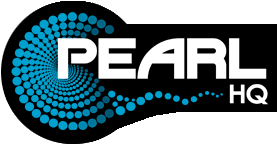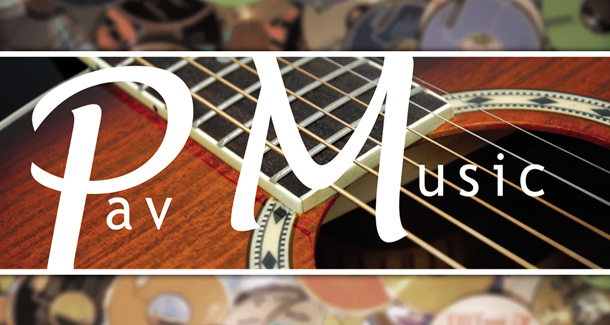Tips on the recording business…
So you have the songs and enough initial buyers– are the songs ‘recording ready’? While the emotion and visual elements in live gigs allow things to flow a bit, on a recording the song has to live and connect purely by what people hear. Unless you have money to afford extra studio time ‘working things out’, songs should be developed, ‘finished’ and practiced beforehand. What ‘finished’ means varies with each project, but there are things you need to consider regardless.
1. Is the song arranged to maximise its potential?
A great song is a great song even if just played with voice and guitar, but more may be needed.
• A well produced song, whether simple or complex is one where all the elements support and enhance the message and emotion of the song. If you’re a 4-chord guitarist I don’t care what you ‘hear’ in your head, it will probably come out folk or rock. You may need help getting songs to be their best and ‘commercial’ (a good producer may hear things you don’t, include, add or remove stuff).
• You need to ensure the production ‘fits’ the expectation of intended buyers.
2. The end result needs to be ‘market’ appropriate.
For example, if you hope your song will be played on commercial radio…
• The length needs to be around 3:20 minutes (esp. pop, country)
• The catchy hook needs to be repeated often (but not be a repetitive song)
• The chorus needs to be heard within the first 30-60 seconds
• There are certain ‘forms’ that are expected in most genres
Of course, there are exceptions. Jazz, classical, live gig recordings being examples. However on popular radio songs of the length of Bohemian Rhapsody and American Pie are not the norm. If you decide something different for your recording, maybe ‘radio edited’ versions are needed?
3. A commercial recording needs to have what I call ‘relistenability’.
Your recording needs to sound good enough that buyers want to play it again and again. This is important, as that buyer will be more likely to purchase your next CD, tell others and come to more gigs.
4. All this means time, thought, preparation and planning.
Maximising what you can do for the money you can afford to spend and in consideration of the sales you will make. And all before you set foot in the recording studio – but it will be worth it.
With 37 years experience in the industry, Ian Pav is a producer, mentor and owner of PavMusic (studios and production). Recently moved to Rosebud and building his new production studio there, Ian is now looking to work with clients around the Peninsula as well as his ongoing clientele around Australia and overseas. You can see more or contact Ian via www.pavmusic.com
IAN PAV


